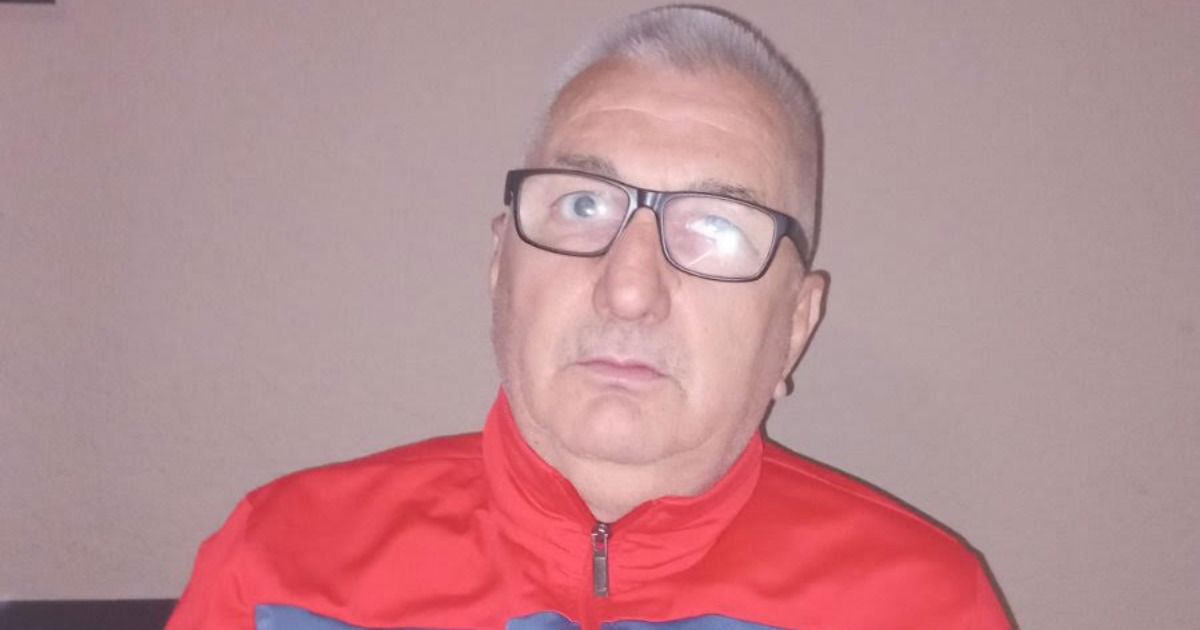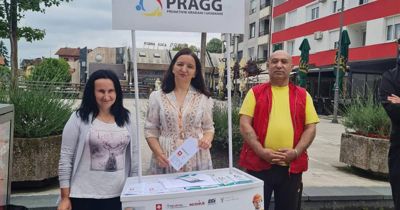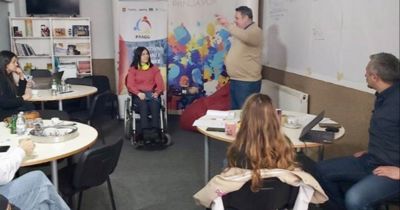
In Prnjavor, as in many other communities across Bosnia and Herzegovina, persons with disabilities face systemic barriers daily that prevent them from leading independent and dignified lives. Due to the lack of personal assistance services—which would grant them greater freedom of movement, access to education, employment, healthcare, and social life—many remain invisible and dependent on family members or volunteers for support.
As part of the campaign "Personal Assistance – Support That Brings Freedom," we spoke with Goran Vasić, a person with a disability from Prnjavor, about his everyday challenges.
“Imagine having to plan for days how you will manage a sidewalk, enter a building, or approach an official just to run a simple errand like going for a walk or to the post office—things most people do effortlessly. For me, these are often insurmountable obstacles,” says Goran Vasić from Prnjavor, a person with a disability and one of those who feel the absence of a personal assistance system every day.
Every day without a personal assistant is a struggle
“My day without personal assistance is more complicated and difficult, starting with simply moving along the sidewalk, and then accomplishing the goal itself—such as going to the post office. Without help, everything becomes a challenge, and I depend on whether a family member or neighbor has the time to assist me,” explains Goran. What is routine for others is a fight for dignity and basic human freedom for him.
Goran’s experience clearly illustrates how everyday tasks that many perform routinely become exhausting and often unattainable for persons with disabilities without support. That is why personal assistance is not a matter of comfort—it is a matter of access to fundamental human rights.
Personal assistant – a key to a freer, more dignified life
The question that changes everything: What would having a personal assistant mean to you?
Goran answers without hesitation: “Certainly, independence and freedom of movement would be elevated—not only physically achieving goals but also mentally, knowing you have support, that you are not alone, and that someone respects your needs.” For Goran, personal assistance is not a luxury but a basic human right. A personal assistant would mean regaining control over his own life, being included in the community, and having the ability to freely decide on daily activities.
In conclusion, Goran sends a strong message to local authorities and decision-makers in Prnjavor:
“Make a decision. Take the step that will show that all citizens of Prnjavor have the right to a life worthy of a human being. Support personal assistance and enable freedom for those who need it most.”
Goran’s message is clear: political will and institutional support are necessary for personal assistance to become a reality in Prnjavor.
The campaign organizers call on the City of Prnjavor to adopt a Decision on Expanded Social Protection Rights, which would introduce personal assistance as a local social service and to allocate funds for its financing in the 2026 budget.
We invite everyone—citizens, institutions, and decision-makers in Prnjavor—to be part of this change. Goran’s story is just one of many but can be a catalyst for significant steps toward a more just society.
The campaign “Personal Assistance – Support That Brings Freedom” is implemented by the Association “Romani Girl – Romani ćej” Prnjavor, Association NEVEN Prnjavor, Association "4+" Prnjavor, Youth Center Prnjavor, and the Organization of the Blind Prnjavor. This campaign is part of the PRAGG project funded by the Swiss Government and implemented by a consortium consisting of HELVETAS and NIRAS, in partnership with local partners Civil Initiatives Centers (CCI) and the Youth Development Institute KULT.






